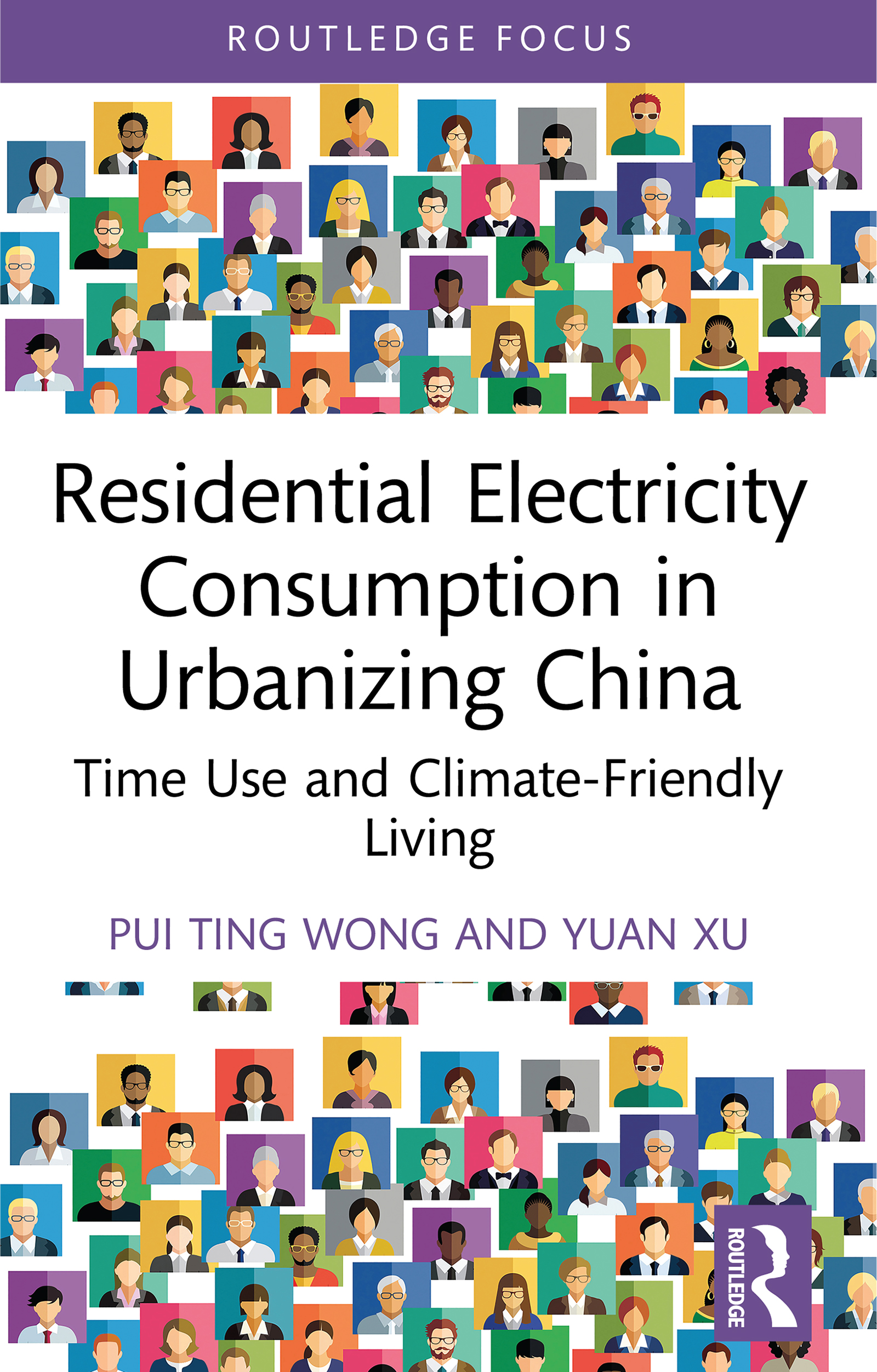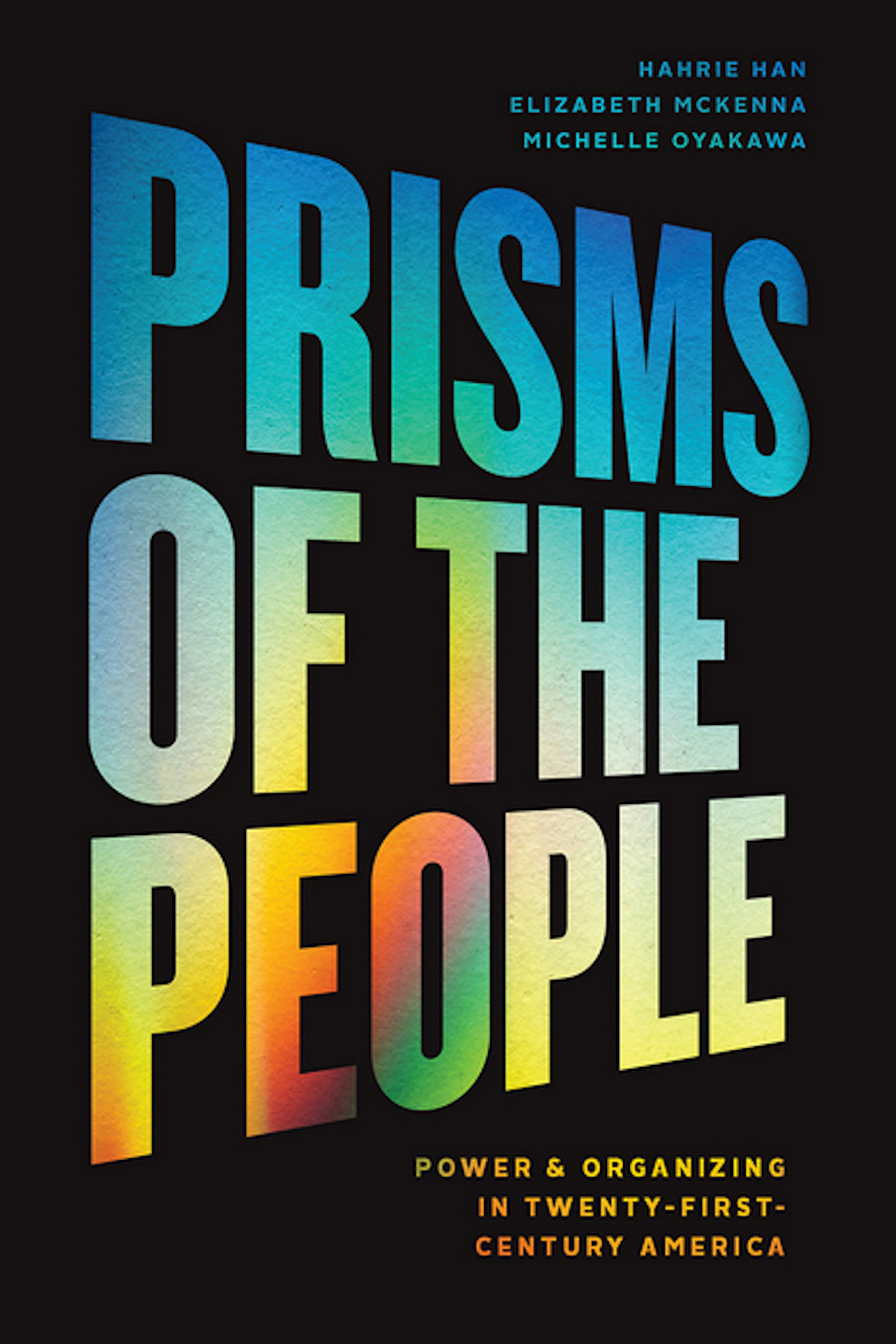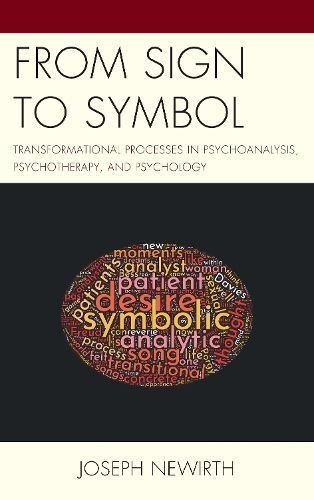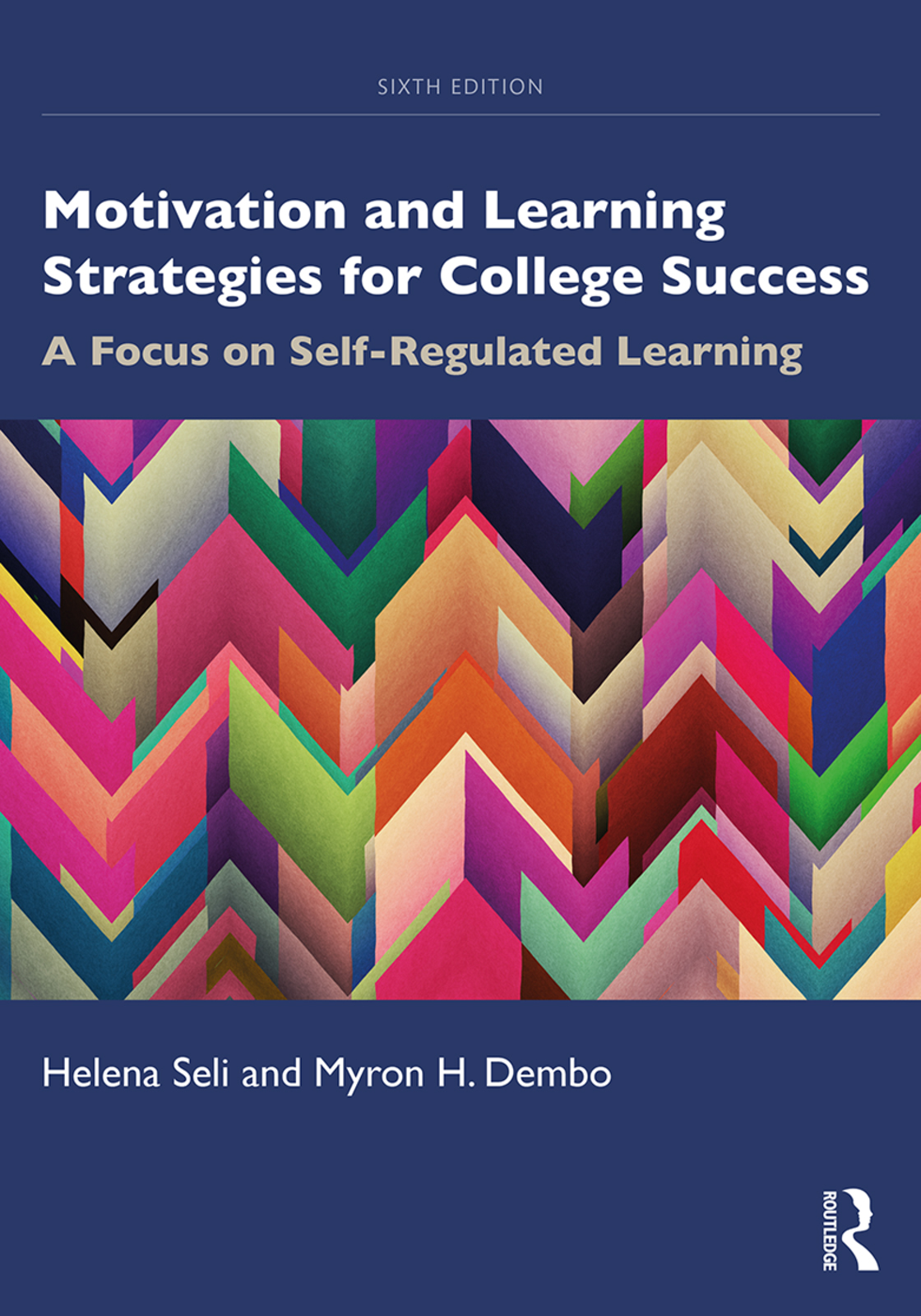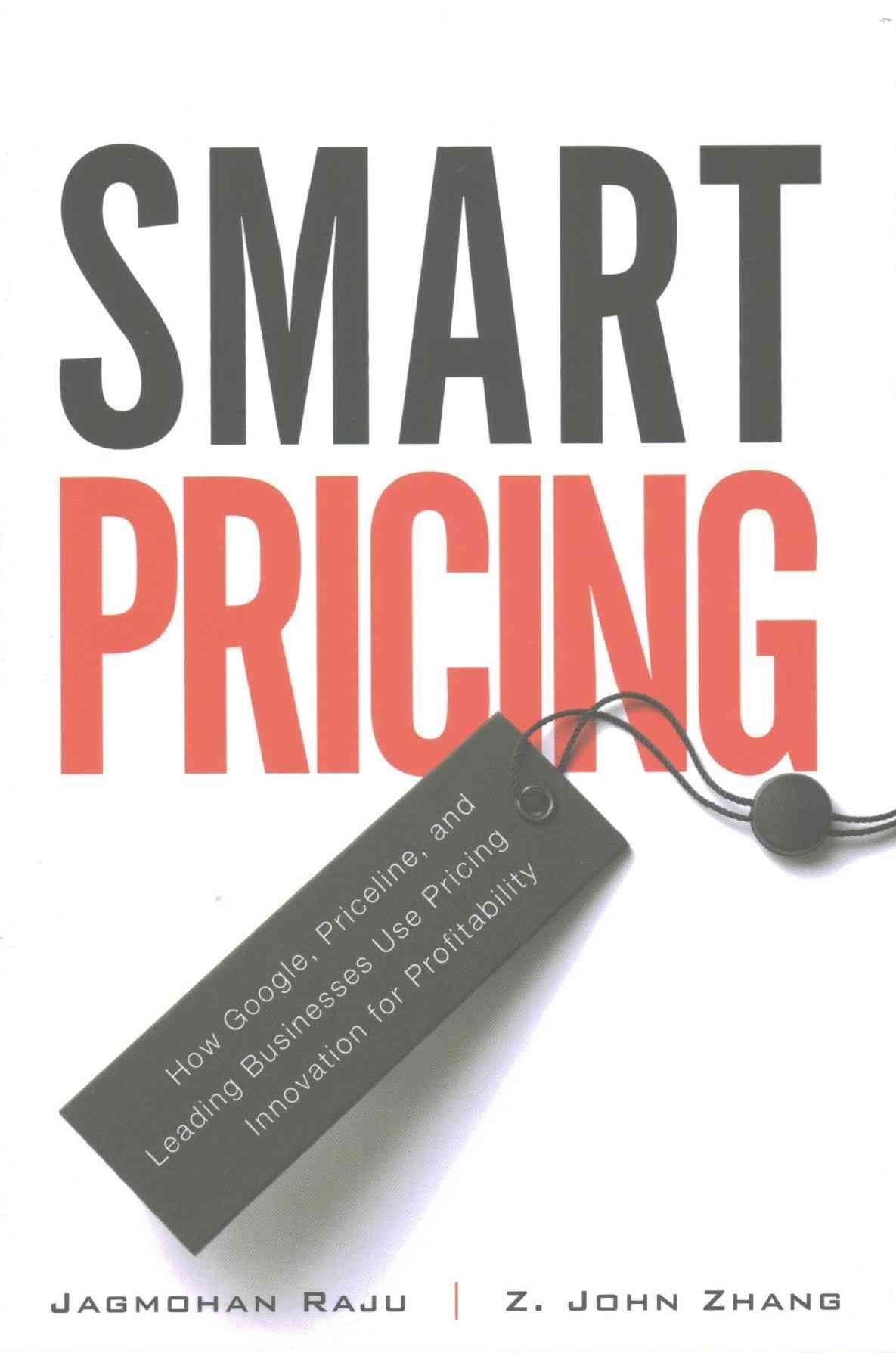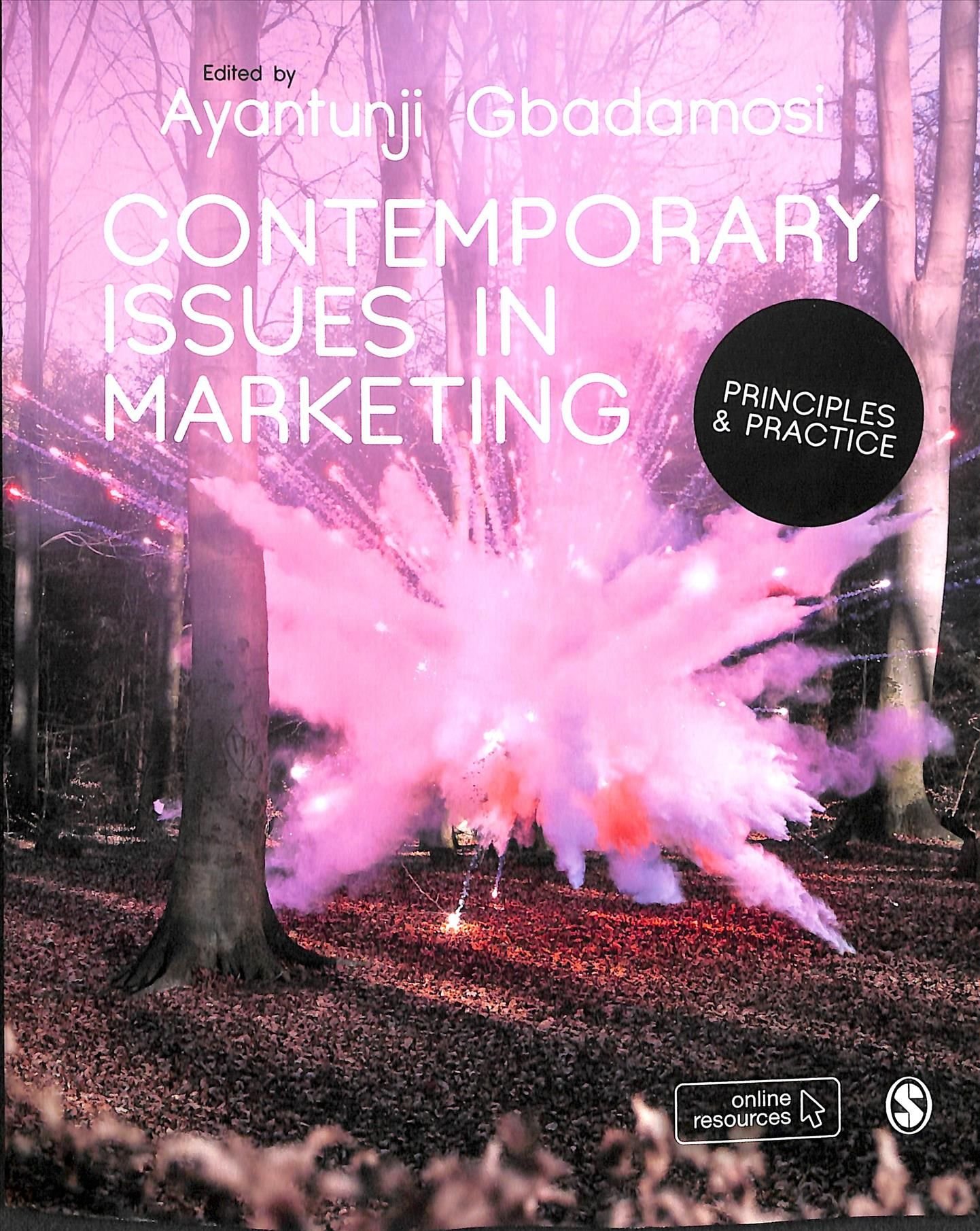This book forges a link between residential CO2 emissions and time use, focussing on China as a key case study. To provide a better understanding of the energy implications of the lifestyle differences between urban and rural China, Pui Ting Wong and Yuan Xu utilise time-use methodology as an alternative way to explore the links between individual lifestyle and residential electricity consumption. They begin by examining how Chinese citizens divide their time between daily activities, highlighting patterns around indicators including age, gender, education, and economic status. They go on to quantify CO2 intensities of these time-use activities. Through this linkage, this book presents an alternative strategy for climate-friendly living, highlighting the ways in which urban planning can be deployed to help individuals adapt their time-use patterns for CO2 mitigation. Providing a novel contribution to the growing literature on residential electricity consumption, Residential Electricity Consumption in Urbanizing China will be of great interest to scholars of climate policy, energy studies, time use, and urban planning.
